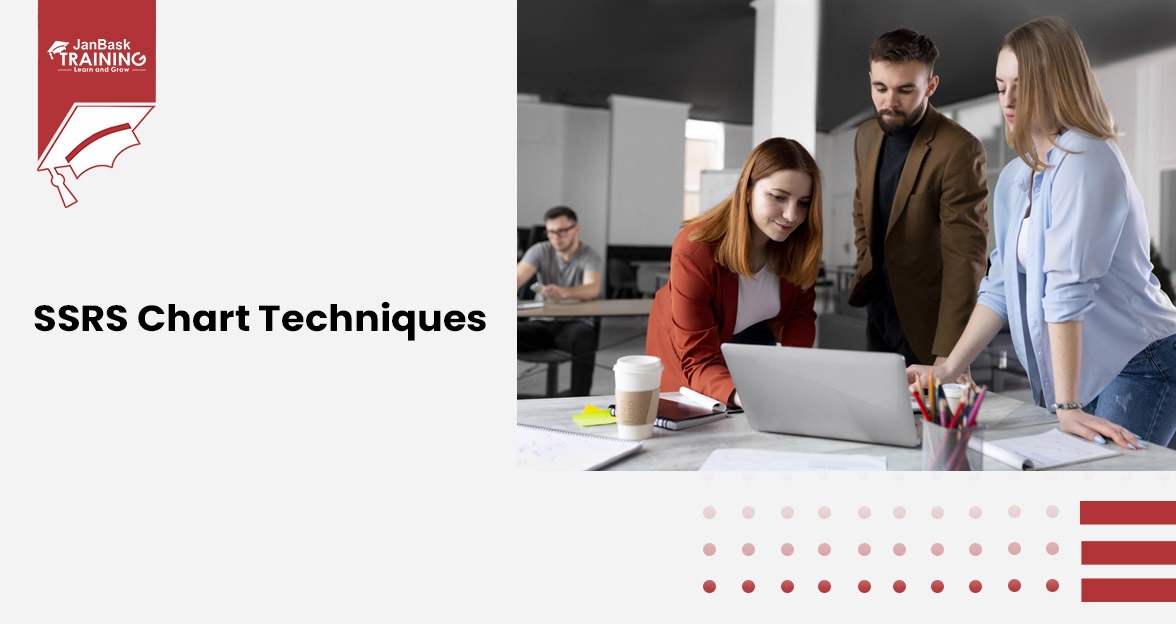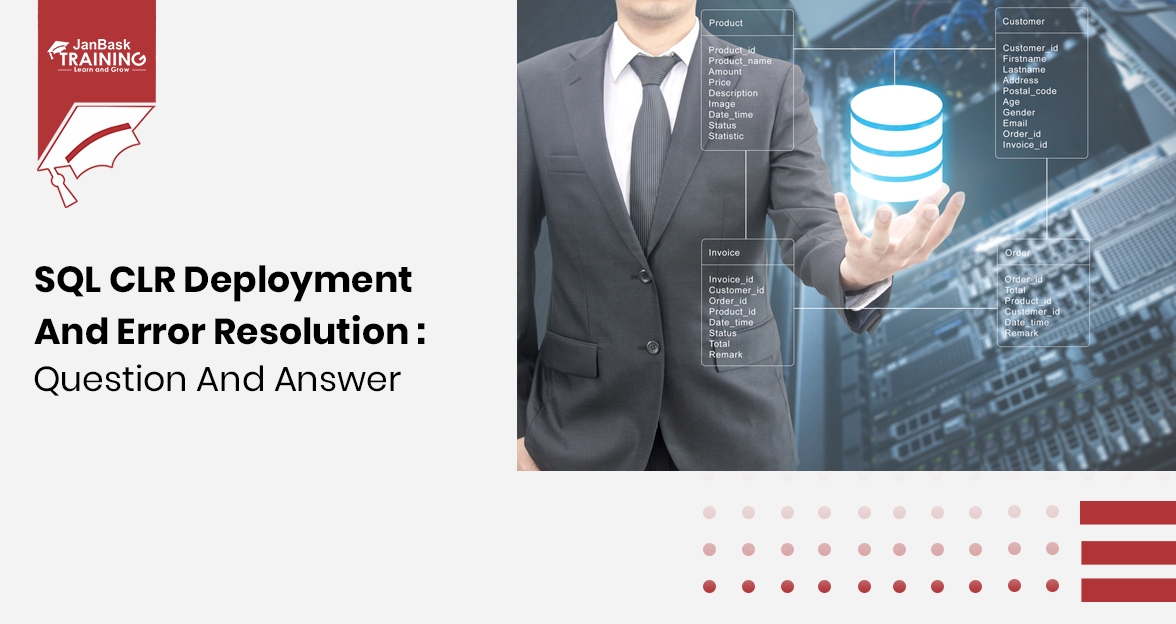 Grab Deal : Upto 30% off on live classes + 2 free self-paced courses - SCHEDULE CALL
Grab Deal : Upto 30% off on live classes + 2 free self-paced courses - SCHEDULE CALL

 Grab Deal : Upto 30% off on live classes + 2 free self-paced courses - SCHEDULE CALL
Grab Deal : Upto 30% off on live classes + 2 free self-paced courses - SCHEDULE CALL

This blog for DataStage Interview Questions would help you with all the necessary information to clear the DataStage Interview. These questions are prepared by DataStage experts which are usually asked in all DataStage Interviews. This blog will cover questions at different levels like intermediates and advanced workforce.
Usually, the discussion starts from basics for each expert and moves towards advanced stage slowly. If DataStage is new for you or you want to know the DataStage concept in depth, then join the DataStage certification course at JanBask Training to give a new definition to your career.
Q1). What is DataStage?
DataStage is basically a tool that is required for designing, developing, and executing multiple apps to fill different tables in a data mart or a data warehouse. It is a program majorly designed for Windows Servers extracting data from databases and converts them to data warehouses. Today, it is considered as an essential part of the IBM WebSphere Data Integration suite.
Q2). Name the command line function that is used to import DS jobs.
To import DS jobs, the dsimport.exe command is used.
Q3). Name the command line function that is used to export DS jobs.
To export DS jobs, the dsexport.exe command is used.
Q4). Explain the process for populating a source file in DataStage.
You may utilize two techniques for populating a source file in DataStage:
Q5). How DataStage versions 7.0 and 7.5 are different?
DataStage 7.5 is an advanced version of DataStage 7.0 where multiple stages are added for a smooth or robust performance like Command Stage, Procedure Stage, and Report generation stage, etc.
SQL Server Training & Certification

Q6). How data file and descriptor file are different?
A Data file contains data while Descriptor file contains complete information about data stored in data files.
Q7). What is the process for fixing truncated data errors in DataStage tool?
You should use an environment variable for fixing data errors in DataStage tool.
IMPORT_REJECT_STRING_FIELD_OVERRUN
Q8). How can DataStage and Informatica be compared?
In DataStage, there is a concept of data partition and data parallelism when it comes to node configuration. While there is no concept of data partition and data parallelism for node configuration. When it comes to benefits, Informatica is more scalable, and DataStage is more user-friendly.
Q9). What is the mechanism for writing parallel routines in DataStage?
With the help of C and C++ Compiler, parallel routines can be written in DataStage. You can also use the DS manager for creating parallel routines in DataStage. They can be called further through Transformation Stage.
Q10). What are Routines and its different types in DataStage?
Routines are basically collections of functions that can be defined with the help of a DS Manager. They can be called further through Transformation Stage. They are basically divided into three major categories:
Q11). How to remove duplicate values in DataStage?
Sort Stage can do it. Here, you should use the option, allow duplicates = False.
Q12). What is a Merger?
Merging means joining two tables together. It can be done with the help of a Primary key in both the tables.
Q13). Do you know the process for improving DataStage jobs?
To improve the performance of DataStage jobs, you should first define the baselines. Secondly, try using multiple flows for performance testing. Then start working in increments. Now, evaluate the data skews. Now you should isolate and solve the problem one by one. This is the time for distributing file systems to remove bottlenecks. RDBMS should not be used in the beginning. In the ned, you should understand and assess the available tuning knobs.
Q14). How are these three terms different – Merge, Join, and Lookup stage?
All three terms are different in terms of memory storage, input requirements, how they treat the records. Lookup stage needs high memory when compared to Merge and Join.
Q15). What is a Quality Stage in DataStage tool?
A quality stage is also termed as the Integrity Stage. It helps in integrating different types of data from multiple sources.
Q16). What is the meaning of term Job Control in DataStage tool?
With the Job Control Language (JCL), job control tasks are completed. It is used to execute multiple jobs simultaneously without using any loop.
Q17). How to differentiate massive parallel processing and symmetric processing?
Symmetric Processing:
Massive Parallel Processing:
Q18). What is the process of killing a job in DataStage?
To kill a job, you should kill the respective processing ID.
Q19). Do you know the format for Date conversion in DataStage?
We can use date conversion function for this purpose i.e. Oconv(Iconv(filedname, "Existing date formate"), "Another date Format").
Q20). How to validate and compile a job in DataStage?
Validation means the execution of a job in DataStage. When validating a job, DataStage engine verifies either all properties are defined well or not. During compilation, the DataStage engine will check either all defined properties are valid or not.
Q21). What is the meaning of the exception activity in DataStage?
The job executes even if there exists some unexpected error in case of exception activity with the help of a job sequencer.
Q22). What is the meaning of APT_CONFIG command in DataStage?
An environment variable is used for identifying apt files in DataStage. It can be used for storing node information, disk information, etc. from scratch.
Q23). Can you convert a server job to a parallel job?
With the help of an IPC Connector and Link Connector in DataStage, a server job can be converted to the parallel job.
Q24). How many types of Lookups exists in DataStage?
There are two types of lookups in DataStage, Normal Lookup and Sparse Lookup. In the case of Normal Lookup, data is first stored in memory, and lookup is performed later. In the case of Sparse lookup, data is saved to the database directly. It is faster than the normal lookup.
Q25). What is a repository table in DataStage?
A repository table works as a data warehouse that can either be centralized or distributed.
Here, we have listed the top 50 DataStage Interview Questions and Answers to prepare you for the next DataStage you are planning to appear currently. These questions are prepared after deep researc, but you should not restrict yourself to limited knowledge. Before you start applying for interviews, you are recommended joining DataStage certification program at JanBask Training and be future-ready with ample job opportunities in DataStage domain.

SQL Server MERGE Statement: Question and Answer


Mastering INSERT and OVER DML Syntax: Interview Questions Guide

SQL CLR Deployment and Error Resolution: Question and Answer

Cyber Security

QA

Salesforce

Business Analyst

MS SQL Server

Data Science

DevOps

Hadoop

Python

Artificial Intelligence

Machine Learning

Tableau
Download Syllabus
Get Complete Course Syllabus
Enroll For Demo Class
It will take less than a minute
Tutorials
Interviews
You must be logged in to post a comment